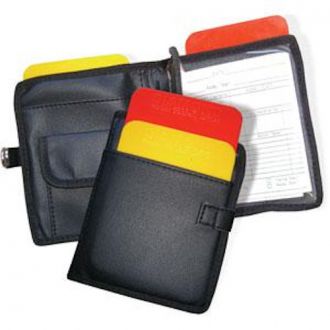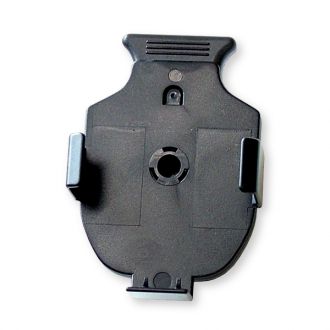How to Become an FA Referee
Whether you simply want to be involved in the game at grassroots level or you have aspirations to become a professional, there is a clear pathway to becoming an FA referee. Many qualified referees say that officiating is the next best thing to playing, and that it is a great way to serve the local community. If you’re thinking about becoming a referee, your journey will probably start in your local neighbourhood.
The Basic Referee Course
The first requirement of becoming a referee is to have a passion for the game – as well as a sense of fair play. Whether you want to referee adult matches or the local under-13s, refereeing can be stressful and unpleasant at times, so a love of football is essential. Regardless of where you see your career going in the future, your path to becoming an FA referee will start with the FA Basic Referee Course.
The only real prerequisite to being accepted onto the Basic Referee Course (BRC) is being over the age of 14. You should contact your local County FA for more information on courses in your area, as they are responsible for delivering the courses in their local communities. You will need to undertake a minimum of 21 hours of guided learning, but this will all take place in your region of the country.
The Basic referee course is for anyone who wants to officiate 9-a-side or 11-a-side matches in FA-affiliated leagues. The course introduces students to the laws of football, and how to apply them in real match situations. At the end of the course, successful attendees are awarded either the Level 7 Junior County Referee or the Level 8 Youth Referee qualification.
The BRC consists of five modules, which include several distinct elements:
Module 1 to 4
- The core skills required to be a referee
- Information on the 17 laws of the game
- How to apply the laws in real; match situations
- The art of movement and positioning
- Managing players and making decisions
- Officiating real football matches
- How to report misconduct
- Assessment
- Receiving feedback and review of learning
- Management of expectations
Module 5
Trainee referees are required to submit to a criminal record check, and they will usually be required to complete the Safeguarding Football online course. The cost of each BRC course can differ slightly, depending on which FA County is hosting it, but it is usually around £100. Once you have completed your first six games as a referee, you will be awarded your very own ‘Three Lions’ badge.
The Path to becoming a professional
Unfortunately, there was no clearly defined pathway to becoming a professional FA referee until very recently. And although the National Referee Development Programme (NRDP) is now in place, you will need to put in the hours in order to rise through the refereeing ranks and make it onto a Premier League pitch. You will need to gain experience on the field with several different age groups and levels - and prove yourself to be a reliable and respectful referee - before you’ll be considered for professional competition. You will also need to demonstrate a level of fitness comparable with a professional footballer.
There are four stages of the NRDP:
Stage 1 – A Level 9 referee is assigned to a club or league and observed officiating six matches. The trainee will be assigned a mentor during this stage.
Stage 2 – This stage lasts for at least a full season, and includes a number of personal goals set by a mentor or training referee. Progress will be monitored, and the candidate will need to demonstrate skill, commitment and progress before being nominated to take on Stage 3 of the process.
Stage 3 – At this stage, a candidate will be invited to join an academy or school of excellence to build on the skills already acquired. Candidates are also assigned their own coach.
Stage 4 – Those referees who have excelled in their roles at Stage 3 will be nominated to become part of a Regional Development Group, which may involve the mandatory attendance of the Young Referees Conference.
The rest is really up to you. You will progress to more senior levels of the game as you acquire knowledge, experience and respect within the FA refereeing structure. If you can consistently perform to a high standard, keep yourself fit and meet all your obligations as an FA referee, there is a reasonable chance that you will be selected as a Level 2a or Level 2b referee within five years . Referees at these levels can officiate at Conference level.
If you can prove yourself in the Conference divisions, it shouldn’t be too long before you’re selected to become part of the FA’s National List – which contains a prestigious group of officials that can take charge of games in both the Football League and the Premier League.





